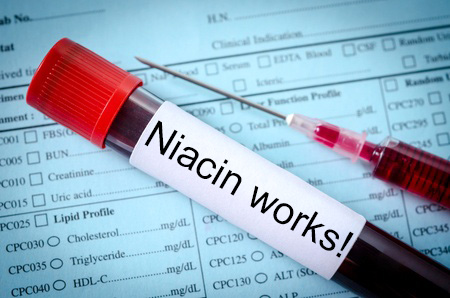Effects of long-term testosterone treatment on weight loss and waist size in obese men - is TRT the next obesity treatment?

Testosterone, historically believed to be important only for male reproduction and sexuality, has over the past decades transformed from niche hormone to multi-system player.[1] A rapidly accumulating body of research is showing that testosterone is an important metabolic hormone with marked effects on energy metabolism and body composition.[2]
In USA, 36% of the adult population are obese (BMI >30), (affecting a similar proportion of men and women) [3], and obesity prevalence is escalating worldwide. According to the McKinsey Global Institute (MGI) report “Overcoming obesity: An initial economic analysis”, obesity is “one of the top three preventable social burdens (along with smoking and violence/war/terrorism) generated by human beings” imposing an estimated annual global direct economic burden amounting to 2 trillion USD.[4]
Obesity treatments with comprehensive lifestyle modification and/or drugs are notorious for their poor long-term efficacy and inability to achieve long-term weight loss maintenance.[5-9] Even with continued lifestyle treatment, significant weight regain occurs.[7, 9, 10] And obesity drugs have side effects which limit their long-term and widespread use. [11, 12] Therefore, new interventions are urgently needed to combat this alarming preventable threat to society.
Here I summarize a recent study that investigated the effects of long-term testosterone treatment – up to 8 years - on weight loss and waist size in 411 testosterone deficient men with obesity classes I-III.[13]
The “good” HDL cholesterol under attack! - Defending Niacin, aka vitamin B3

Niacin confers tremendous beneficial effects on both lipids, inflammation and endothelial function. For more, see my previous article:
Despite this, two media attention grabbing studies - AIM-HIGH and HPS2-THRIVE - did not find any benefits of niacin supplementation in heart disease patients who were already on intensive statin treatment.
Here I will summarize these studies and expose their multiple flaws, which never made it to the headlines...



